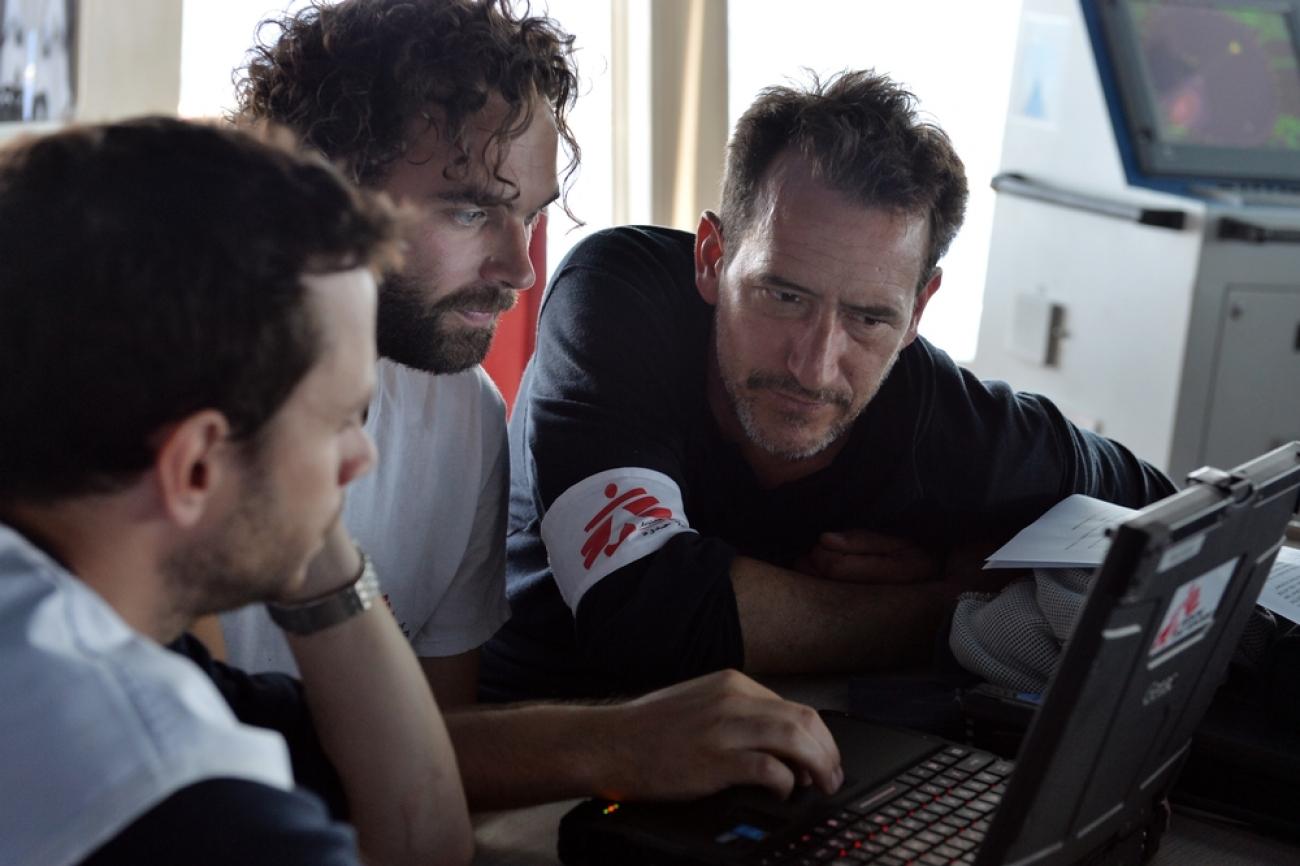Gaza : comment l’armée israélienne a
assiégé et attaqué l’hôpital Nasser
Fonds d'urgence
Grâce à vous, nos équipes interviennent en urgence auprès des populations qui en ont le plus besoin, partout où nous agissons.
Gaza : comment l’armée israélienne a
assiégé et attaqué l’hôpital Nasser
Grâce à vous, nos équipes interviennent en urgence auprès des populations qui en ont le plus besoin, partout où nous agissons.

Profile
EXPERIENCE
AVAILABILITY
LANGUAGES
SKILLS
Project coordinators coordinate the programme(s) in the field under their responsibility, liaise between the team in the capital and the field team they supervise and represent MSF to local contacts.
Ensuring compliance in the field of MSF's ethical and operational principles, the project coordinator supports, applies and disseminates them across all activities. He or she supervises and supports the team on the ground and facilitates their participation in the momentum of MSF.
Definition and implementation of programmes: Responsive to the needs of beneficiaries, the project coordinator participates in the intervention strategy, not only by providing concrete, up-to-date information, but also from the perspective he brings to the team in the capital. He or she sets up the necessary procedures and resources to deliver effective programmes.
Monitoring and assessment of programmes (objectives and resources): monitor indicators and developments in the situation to ensure that operational strategy is aligned with the resources deployed and the needs of beneficiaries.
Supporting and supervising the team: organise the team's work, ensure they are aware of the challenges of the mission and facilitate their participation in the momentum of the association.
Management of human resources: make sure the personnel management policy is implemented in the project.
Security of teams: ensure adherence to security procedures set up by the coordination team and monitor the situation on the ground through fostering the involvement of the team he or she is supervising.
Processing information: represent the field team to the team in the capital and the local authorities, establish information flows between the field and the capital and ensure all information is properly understood.
Network: develop and maintain a network of contacts, including any partners and the authorities in order to be able to take appropriate action as the situation evolves.